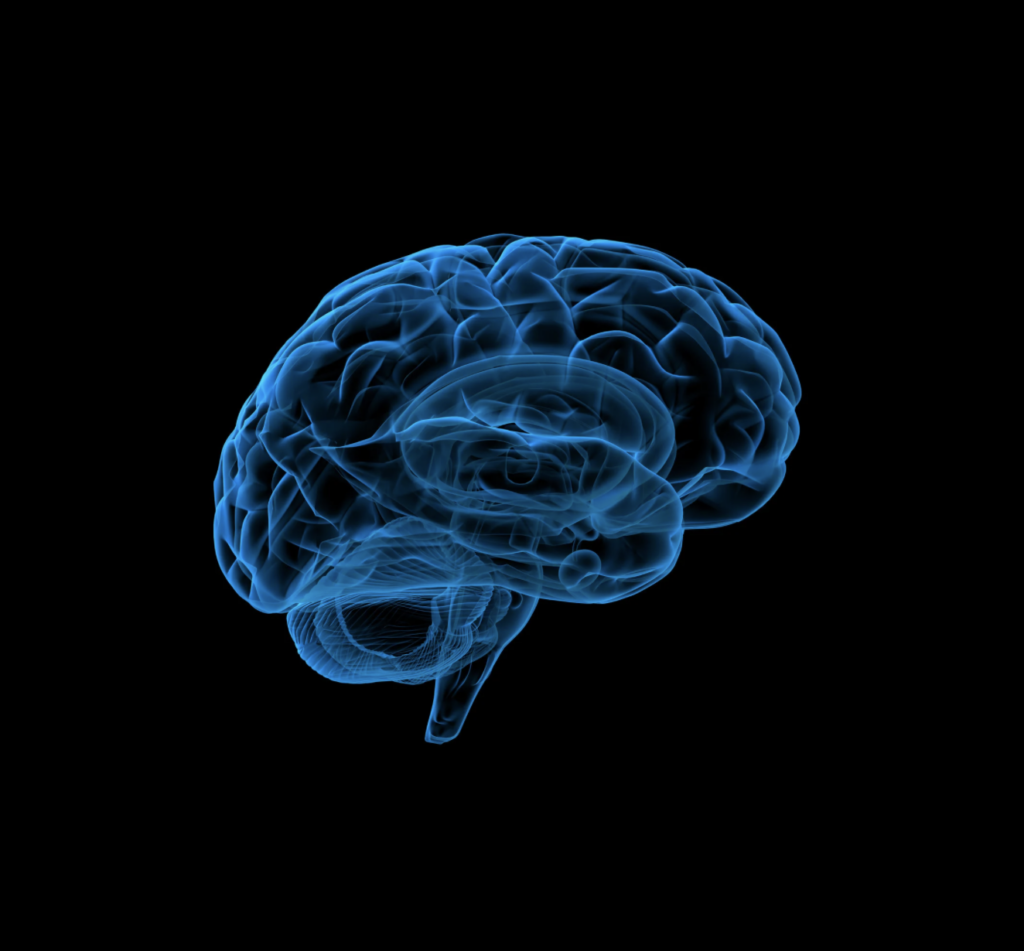1275 recently hosted an evening exploring Artificial Intelligence – its origins, mechanics, and future potential. We also examined its use in fine wine, from identifying links to a specific terroir, to predicting a wine’s ageing evolution. This sparked lively discussion on AI’s rapid advancement, and its inevitable impact on society as we know it.
Hard Truths
According to our guest speaker, expert neuroscientist Pr. Alexandre Pouget, Artificial Intelligence is reshaping our world faster than any past revolution, industrial or digital. Soon, humans will contend with machines capable of executing both analytical and creative tasks at unmatched speed. This isn’t just technological progress – it is an anthropological shift, as profound as the leap from Homo erectus to Homo sapiens.
Hopeful Horizons
Rather than resist such inevitable changes, Pouget suggests embracing the positive elements of the AI movement – namely, huge medical and administrative advances that will ultimately improve our quality of life. Within this upbeat framework, wine’s future as a tangible, experiential, and deeply human product is secure. Artificial Intelligence may intervene to increase the quality of winemaking, or facilitate drinking recommendations based on taste preference. If managed properly, its use will enhance the wine experience as opposed to dehumanising it.
Glass Half Full
However implicated AI becomes in the wine industry, the creation of a product guided from earth to glass via expert human hand cannot be fully robotised. While terroir analysis and digital help can result in a more precise winemaking process, the intervention of human nose, and the bond between man and land is essential for fine wines to retain their soul. Afterall, how a wine tastes is a personal, individual, human experience. Beyond its chemical composition, the human connection that takes place around a bottle of wine will only grow in importance, as the AI generation convenes to redefine man’s purpose on this planet.

